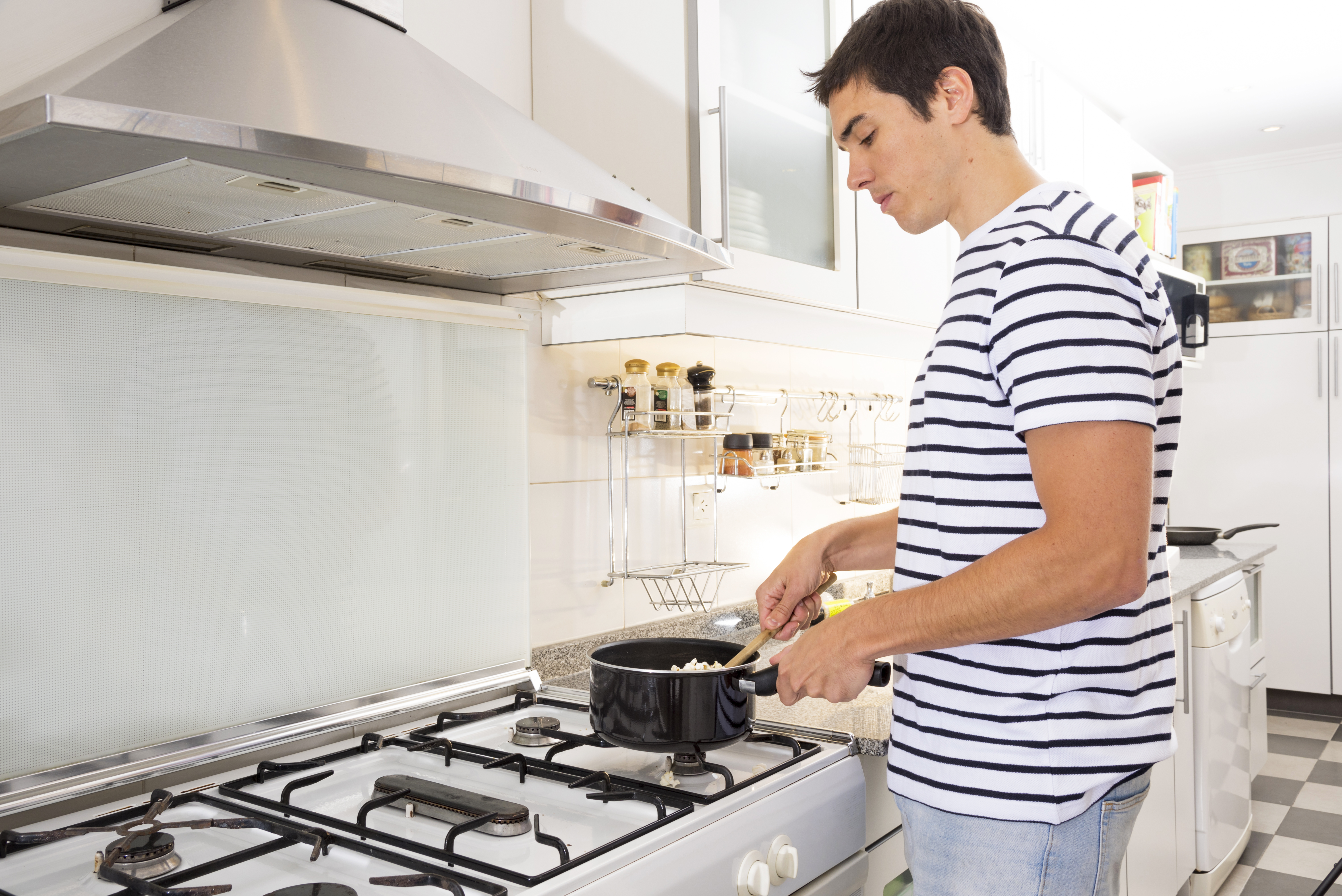Do Gas Cookers Contribute to a Greener Home?

This quest for sustainability extends to the kitchen, where everyday cooking practices play a significant role in household energy consumption.
Gas cookers have long been a popular choice in many kitchens, but do they contribute to a greener home? In this article, Paul Davies Kitchens & Appliances explore the energy efficiency of gas cookers and their impact on the environment. In fact, this is with a focus on how they align with the eco-friendly goals of today's homeowners.
The Popularity of Gas Cookers
Gas cookers have remained a staple in kitchens worldwide for several reasons. They are known for their precise heat control, making them a preferred choice for chefs and home cooks alike. However, one question looms large: do these culinary conveniences come at the cost of the environment?
To understand the environmental impact of gas cookers, it's crucial to compare them to their electric counterparts. Electric cookers rely on electricity, which can be generated from various sources, including fossil fuels, nuclear power, and renewable energy. The carbon footprint of electric cookers largely depends on the energy sources used to generate the electricity.
In contrast, gas cookers operate using natural gas, a fossil fuel. The combustion of natural gas emits carbon dioxide (CO2) into the atmosphere, contributing to greenhouse gas emissions. This might seem like a strike against gas cookers, but the story is more nuanced.
The Efficiency Advantage of Gas Cookers
Gas cookers offer a distinct advantage when it comes to efficiency. They convert a higher percentage of their energy source into heat used for cooking, whereas electric cookers can lose some energy during the conversion process. This efficiency means that gas cookers can be more environmentally friendly, depending on how the gas is sourced and utilised.
Moreover, gas cookers are quick to respond to changes in heat settings. When you turn the knob, the flame immediately adjusts, and when you turn it off, there's no residual heat. On the other hand, Electric Cookers may retain residual heat after being turned off, resulting in cumulative wastes of energy.
In terms of energy consumption, gas cookers are typically more efficient. They convert a higher percentage of the energy they consume into heat, but it depends on the source of gas. Natural gas is considered cleaner than other energy sources so using it in your gas cooker can be a sustainable choice.
The Role of Renewable Natural Gas
The environmental impact of gas cookers can be significantly reduced with the use of renewable natural gas (RNG). This is produced from organic waste materials such as food scraps, agricultural residues, and wastewater.
RNG is considered a sustainable energy source, as it recycles waste and reduces methane emissions from landfills. When RNG is used in gas cookers, the carbon footprint is greatly diminished.
Additionally, efforts are underway to develop cleaner-burning natural gas and reduce emissions from its combustion. As technology advances, we can expect gas cookers to become even more eco-friendly in the future.
The Importance of Cooker Hoods
When discussing gas cookers and their environmental impact, it's essential to mention cooker hoods. These kitchen appliances are designed to remove pollutants, moisture, and odours from the cooking area. But they also play a vital role in energy efficiency.
A well-designed and properly functioning cooker hood can help to keep the kitchen's indoor air quality high. This is while reducing the need for excessive ventilation, which can waste energy.
When shopping for appliances online, consider cooker hoods with energy-efficient features, such as variable fan speeds and LED lighting. These modern cooker hoods not only help in keeping the air clean but also contribute to a greener kitchen.
Gas Cookers and Appliances Online at Paul Davies Kitchens & Appliances
In summary, the environmental impact of gas cookers is not as straightforward as it may seem. While they do emit CO2 when burning natural gas. Therefore, their energy efficiency and the use of renewable natural gas can make them a greener choice for cooking.
The impact of gas cookers on the environment is also influenced by individual usage and ongoing efforts to reduce emissions. When you shop for appliances online, including gas cookers and cooker hoods, it's essential to consider your environmental goals. Specifically, how you can make your kitchen more sustainable.
By selecting energy-efficient models, incorporating renewable energy sources, and maintaining a well-ventilated cooking area. This is so you can enjoy the benefits of gas cookers while working towards a greener home with Paul Davies Kitchens. So if you are in need of gas cookers, cooker hoods or appliances online then get in touch with us!



